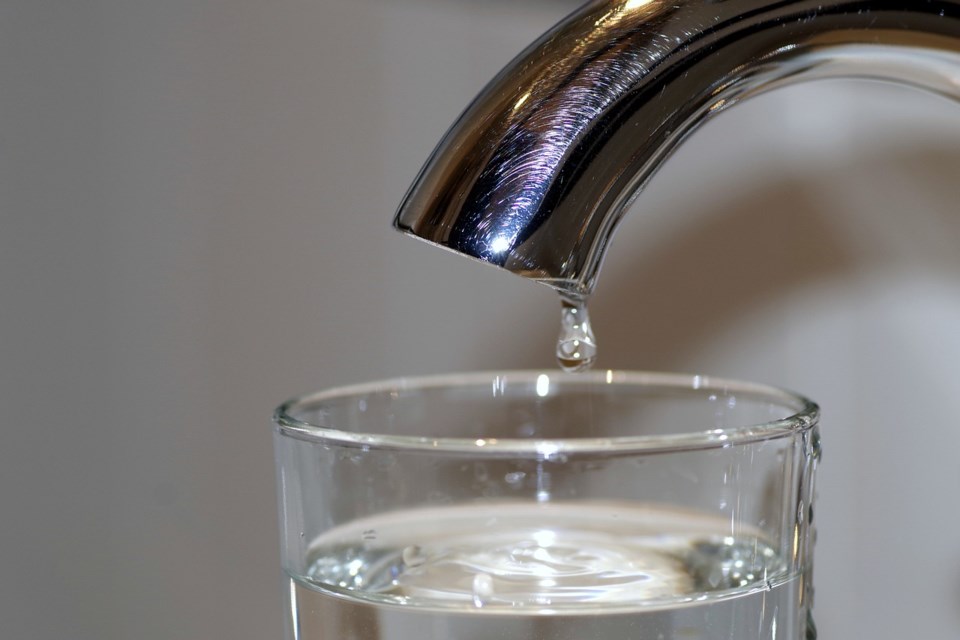TISDALE — Despite public concerns about chlorine levels in Tisdale’s water supply due to smell, town staff say the levels aren’t particularly high.
“There are some residents who have concerns about the chlorine levels because they can smell chlorine when they turn the taps on,” said Brad Hvidston, Tisdale’s town administrator.
The total chlorine levels are required to be a minimum .55 milligrams per litre to meet provincial standards. The town’s levels have ranged in the past month from .56 up to .82.
Mike Kuras, Tisdale’s director of public works, said that by no means are the chlorine levels in the town’s water high.
“The minimum numbers, these stats are at the point of entry to the distribution system,” Kuras said. “The further away that you get away from the water plant, the lower the numbers become.”
This means that the further away from the plant a resident lives, the less chlorine they get in their water.
“So it’s not that we can run right at the minimum levels leveling the water plant because the time it reaches your house there might not be any left in there.”
There is no maximum amount of chlorine by the Water Security Agency for municipal water.
“I have no concerns about what we’re doing or how we’re doing it,” Kuras said. “It’s entirely possible some people are a little more sensitive to the smell of the chlorine, but there is no real way of getting around that.”
Kuras said that treated water is more susceptible to smell than untreated.
“Because our water is treated through reverse osmosis, we pull out any kind of impurities out of the raw water, we’re not left with anything that absorbs any kind of a smell. No iron, no manganese, nothing else. It’s pretty much pure water. Having that in their masks the smell a little bit more, it absorbs it, more so.”
“There could be other things that give it a smell, we don’t really add a whole lot once it’s treated. In fact, the only things that are added afterwards are caustic soda for pH balance and fluoride.”
Treating water is a necessity for the health and wellbeing of the town to prevent illness.
“It saves peoples’ lives, it has to be treated to make sure it’s safe,” Kuras said. “Most people would be familiar with Walkerton, Ont... adequate treatment and disinfection wasn’t followed and people got sick and people died.”




